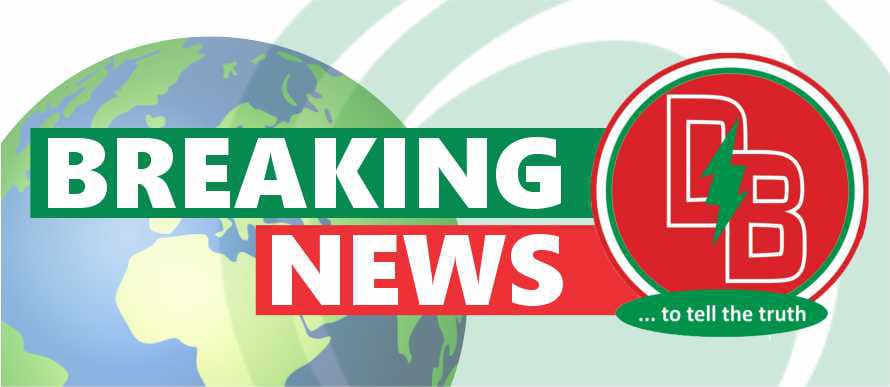The Coordinating Minister of Health and Social Welfare, Prof. Muhammad Pate, announced on Thursday that free caesarean sections would be provided to Nigerian women in need.
Pate made this announcement at the ongoing three-day Nigeria Health Sector-Wide Joint Annual Review in Abuja, during the launch of the “Maternal Mortality Reduction Innovation Initiative.”
According to him, the initiative represents a commitment to reducing maternal and newborn mortality across Nigeria.
A tweet posted on the official X handle of the Federal Ministry of Health and Social Welfare stated, “In a powerful move, Coordinating Minister @muhammadpate just announced that Caesarean Sections for all Nigerian women who need them will now be FREE!”
The minister reportedly said, “No woman should lose her life simply because she can’t afford a C-section.”
The objective of the Joint Annual Health Review is to conduct a thorough assessment of Nigeria’s healthcare system, identifying challenges and implementing impactful solutions to ease both the physical and financial burdens on Nigerians.
Pate, on his X handle, noted that a pivotal feature of the initiative is the provision of free caesarean sections for poor and vulnerable women who meet eligibility criteria, covering services provided through both public and private facilities empanelled by the National Health Insurance Authority.
He said, “By removing financial barriers to this life-saving procedure, we ensure that no woman in need is denied critical care due to cost. Maternal mortality remains unacceptably high, with 172 local governments contributing to over 50 per cent of maternal deaths.
“By focusing resources on these high-burden areas, MAMII will address the greatest areas of need. The NHIA, in collaboration with the National Primary Health Care Development Agency and state health insurance agencies, will manage the reimbursement process, ensuring that providers across both sectors can deliver these essential services sustainably.”
He added that community health workers play a crucial role in this mission, in line with the President’s initiative to onboard 120,000 additional health workers to support primary care across Nigeria.
According to him, these workers are essential in generating demand for maternal care services within communities, educating families on the importance of antenatal care, and ensuring that mothers are informed about available services.
“In rural and underserved areas, where accessing healthcare facilities remains a challenge, community health workers act as vital links between families and the healthcare system, bringing lifesaving information and support to their doorsteps.
“In these same areas, the National Emergency Medical Service and Ambulance System @Fmohnigeria has been revitalised to provide timely transport for emergencies, bridging a key gap in both maternal and newborn care by bringing emergency services closer to those who need them most,” he added.
The minister emphasised that this announcement would not have been possible without the critical support of development partners, whose resources, expertise, and alignment with Nigeria’s health priorities have been instrumental.
“Their commitment exemplifies a shared dedication to health equity and the well-being of every Nigerian. We also call on all stakeholders—state governors, healthcare leaders, community members, and health workers—to actively support and drive the success of this initiative.
“The Maternal Mortality Reduction Innovation Initiative represents an immediate, determined response to Nigeria’s maternal and newborn health challenges. Through demand generation, expanded primary and emergency care, and the removal of financial barriers, we are advancing a healthcare system that is truly accessible, affordable, and effective for all Nigerians.
“Together, we are building a future where no mother or child is left behind in accessing the quality, affordable care they deserve,” he said.
The PUNCH

